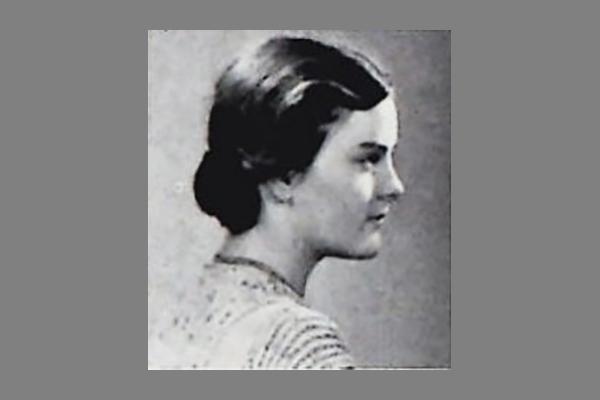Elizabeth Wagner highlighted in New York Times

The April 22nd edition of the New Your Times highlighted Elizabeth Wagner Reed (namesake of the Elizabeth Wagner Scholarship) as part of the "Overlooked" series of obituaries about remarkable people whose deaths went unreported in the Times. Elizabeth Wagner was born in 1912. She earned her bachelor’s degree at OSU in 1933, putting herself through school with a scholarship and a job washing dishes in the cafeteria. She then earned a master’s (1934) and a Ph.D. (1936) in plant physiology, publishing works on the effects of insecticides and inert dusts on bean plants and on yellow coleus. After her first husband was killed in World War II, leaving her with a toddler son, she supported herself by teaching at five universities, but she never gave up her interest in research. In 1946 she married geneticist Sheldon C. Reed, and together they were pioneers for the use of Drosophila in population genetics studies.
Elizabeth Wagner Reed and her husband also co-authored several studies of familial intellectual disabilities which recognized the joint contributions of genetic and environmental factors, becoming early proponents of genetic counseling. This work culminated in the 1965 publication of a book entitled Mental Retardation: A Family Study, widely regarded as the most rigorous examination of familial intellectual disorders at the time. Though Elizabeth Wagner Reed was listed as first author, notices in the scientific press congratulated "Dr. and Mrs. Reed".
In the 1950s, she published works investigating the effects of sexism on women scientists including a study on the productivity and work of 70 female scientists, and a book entitled American Women in Science Before the Civil War. This work informed her mentorship of younger women through the group Graduate Women in Science.
Elizabeth Wagner Reed died at the age of 83 in 1996. In 2002 her son William Reed of Seattle endowed a fund in her memory to provide scholarships in the Department of Molecular Genetics. Please consider supporting her memory here.
